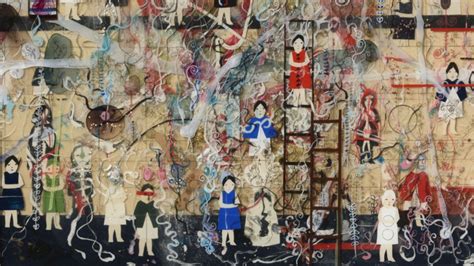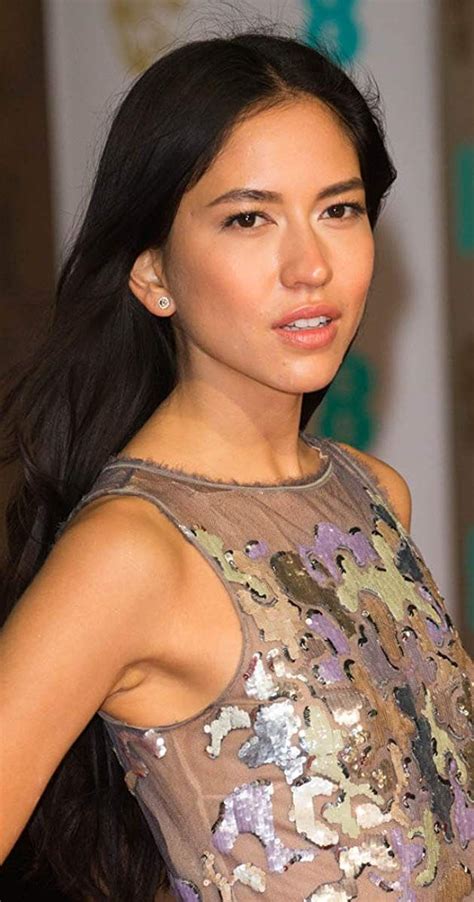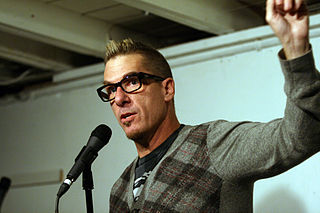A Quote by Neil Farber
I didn't really get into underground comics, though I've liked some of what I've seen. Dame Darcy was very impressive to meet, really talented. In general, I've always been more interested in searching out music, so I think I miss out on a lot of underground art.
Related Quotes
I'm so interested in the feminism of women in American music. These ladies, going out on the road, way before the opportunities and advantages that I have - it was absolutely rough out there. The fact that they were still able to get their art out there and do what they're doing is really impressive to me.
A lot of people, when they first hear about the Underground Railroad, think it really is a subway or a locomotive. When they find out it's not, they feel a little disappointed. So I thought, What if it was a literal underground train network traveling from state to state, with each state it goes through representing a different opportunity or danger?
I've been involved in a lot of different kinds of projects. I've been on straight hip hop tours. I've been on underground rock tours. I've been on multimillion selling rock shows. I've been in the jam band thing, and both commercial and underground hip hop. Very few people listen to one kind of music.
It is in our interests to let the police and their employers go on believing that the Underground is a conspiracy, because it increases their paranoia and their inability to deal with what is really happening. As long as they look for ringleaders and documents they will miss their mark, which is that proportion of every personality which belongs in the Underground.
There was a time when people would go search out underground records. Now, underground means free, and people don't really care for it. So now artists tend to go more pop and look for the radio. You know, the radio never wanted you to speak about anything, so the music is kinda influenced by the hands of the radio which wants to homogenize it and dilute it and sanitize it. And for the most part, nobody's takin' the time to seek out the cats that are still tryin' to talk, so they have a difficult time being heard, like Chuck D said.
I've always been interested in queerness and underground and fringe and periphery, and who and what flourishes in those spaces. Those spaces that are darker and dingier and more dangerous, more lonely. What comes out of there, to me, is the life force. I'm excited when the center reaches over to those places and pulls inspiration from them, and translates it for a lot of people.
When what you do is play characters, every day, all day, I wasn't really interested in playing a pop star on the weekends. I wanted to be myself, and it slowly turned into not being me at all, so I just didn't really see the point. If the music actually happens, at some point, it will be because some underground following happened, or some little elves heard it and were leaking it.
I started drawing comics, and at first I was very influenced by the whole pop art movement, you know, Batman was on TV and all that pop art stuff? But then my next influence was in 1966, or maybe it was '65, I don't know. Somebody showed me a copy of the "East Village Other", which was an underground newspaper. And... it had comics in it! And they weren't superhero comics.
It's a mystery to me why comics have been so despised for so long. Obviously, it has to do with the history of the medium - arising out of cheaply-reprinted booklets of newspaper strips, just out to make a quick buck, followed by mostly-crappy original work. It took a while for really talented artists to move into the comic-book world from the newspapers. It really is strange that even TV commercials got respect before comics did. I have never been able to figure it out.







































